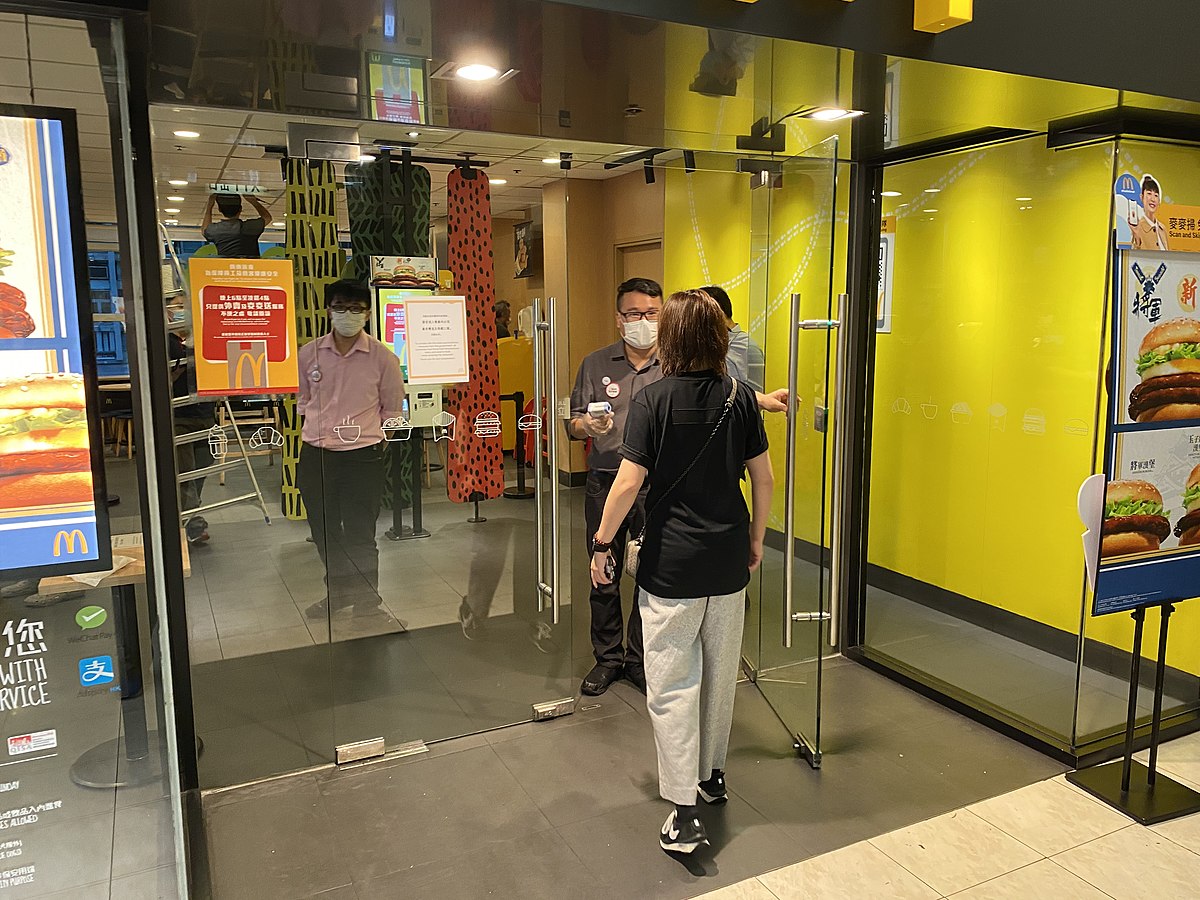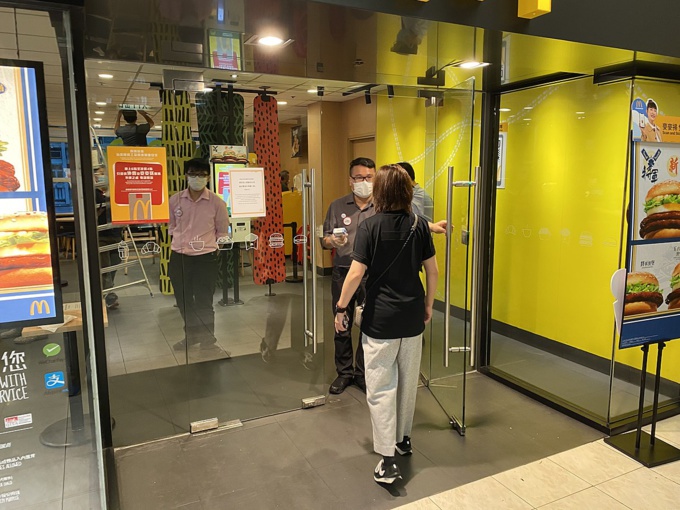The international non-governmental organization NCD Alliance, which aims to prevent the spread of noncommunicable diseases, and the British research consortium Spectrum have jointly prepared a report on how junk food and alcohol manufacturers are using the COVID-19 pandemic in their marketing.
The researchers went through nearly 800 pandemic-related advertising campaigns from various corporations. Most examples are from the USA and Great Britain - 119 each, there are also many examples from Australia, India, Mexico and Brazil. “Since the early days of the pandemic, we have seen two trends: an increase in epidemiological data, that people living with NCDs (noncommunicable diseases) are less likely to tolerate COVID-19, and that many unhealthy food manufacturers have quickly adapted their strategies in an attempt to capitalize on the pandemic and quarantines, said Lucy Westerman, policy and campaign manager for the NCD Alliance and one of the report's authors.
One example cited by the authors of the study is the participation of such corporations in various campaigns to support employees of hospitals, ambulances and other services fighting the pandemic, for example, sending them food and drinks. For example, McDonald's in some American states provided free food to hospital employees, the Krispy Kreme chain sent donut kits to doctors in the US, UK and New Zealand, and PepsiCo in China released a batch of its drinks labeled as newspaper articles about those who are fighting the pandemic, including about doctors, scientists and hospital builders.
Companies often ran charity campaigns to increase their brand awareness and visibility. PepsiCo in India supported the World Health Organization's program with 25,000 COVID-19 test kits, while Coca-Cola in Paraguay donated 22,000 surgical masks, 5,000 N95 respirators and 2,000 surgical suits to the National Institute of Respiratory Diseases.
As for the junk food manufacturers, some of them carried out campaigns calling for social distancing, released medical masks with their logos. For example, in Germany, Burger King has produced cardboard social distancing crowns with very wide margins forcing people to keep their distance. Karsten Brewery in Brazil redesigned its logo to look like lungs. In addition, the company published three tips for buyers: "Isolate, use disinfectants, and drink beer for fun."
source: telegraph.co.uk
The researchers went through nearly 800 pandemic-related advertising campaigns from various corporations. Most examples are from the USA and Great Britain - 119 each, there are also many examples from Australia, India, Mexico and Brazil. “Since the early days of the pandemic, we have seen two trends: an increase in epidemiological data, that people living with NCDs (noncommunicable diseases) are less likely to tolerate COVID-19, and that many unhealthy food manufacturers have quickly adapted their strategies in an attempt to capitalize on the pandemic and quarantines, said Lucy Westerman, policy and campaign manager for the NCD Alliance and one of the report's authors.
One example cited by the authors of the study is the participation of such corporations in various campaigns to support employees of hospitals, ambulances and other services fighting the pandemic, for example, sending them food and drinks. For example, McDonald's in some American states provided free food to hospital employees, the Krispy Kreme chain sent donut kits to doctors in the US, UK and New Zealand, and PepsiCo in China released a batch of its drinks labeled as newspaper articles about those who are fighting the pandemic, including about doctors, scientists and hospital builders.
Companies often ran charity campaigns to increase their brand awareness and visibility. PepsiCo in India supported the World Health Organization's program with 25,000 COVID-19 test kits, while Coca-Cola in Paraguay donated 22,000 surgical masks, 5,000 N95 respirators and 2,000 surgical suits to the National Institute of Respiratory Diseases.
As for the junk food manufacturers, some of them carried out campaigns calling for social distancing, released medical masks with their logos. For example, in Germany, Burger King has produced cardboard social distancing crowns with very wide margins forcing people to keep their distance. Karsten Brewery in Brazil redesigned its logo to look like lungs. In addition, the company published three tips for buyers: "Isolate, use disinfectants, and drink beer for fun."
source: telegraph.co.uk



















